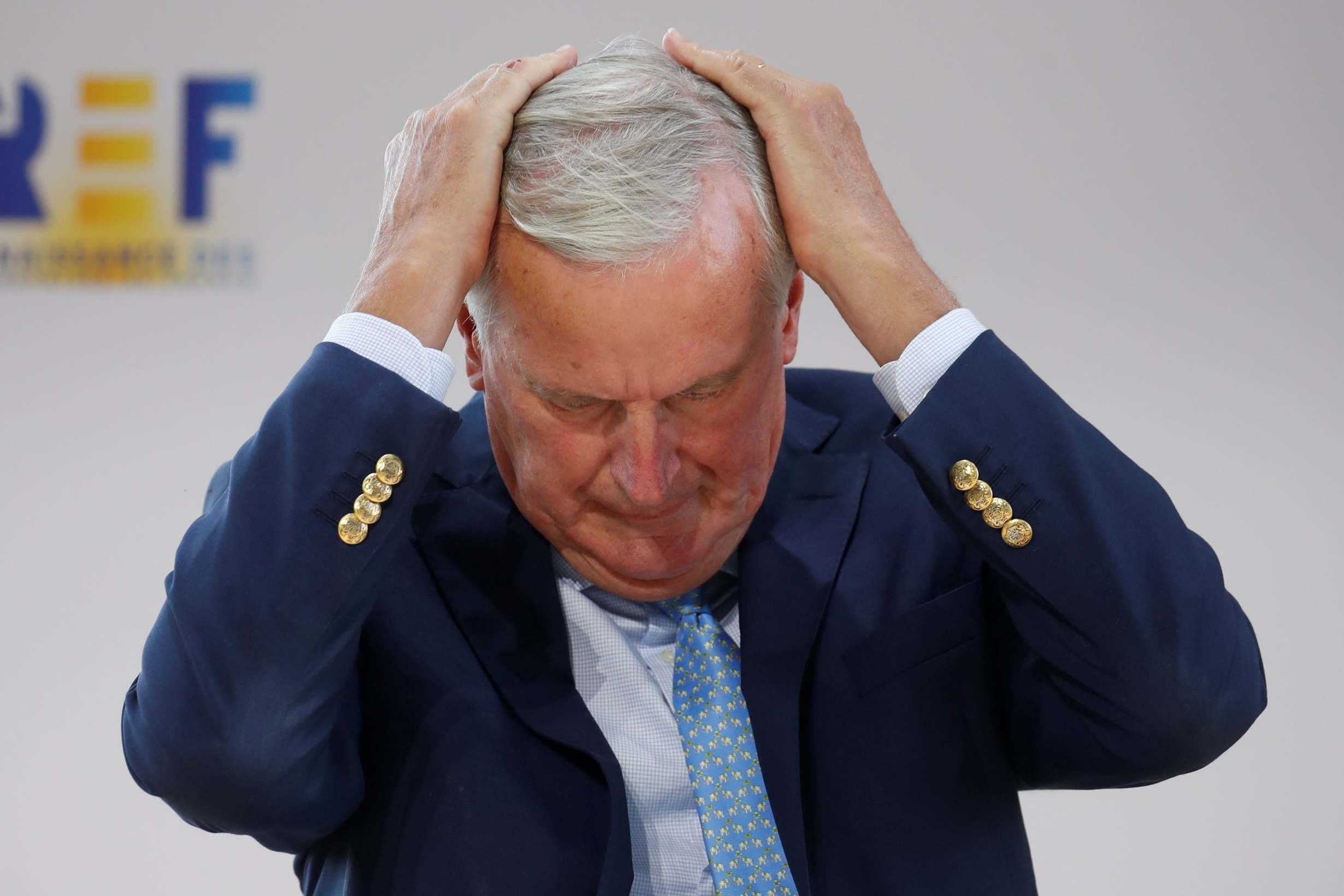What chance is there of a Brexit deal before the end of October?
A deal is still possible if the right choices are made, but time is running out, explains Jon Stone


The European parliament has said October is a red line for an end to Brexit talks to agree a trade deal. The EU’s chief Brexit negotiator Michel Barnier has underlined the same deadline. This raises the pressure on both sides to reach an agreement sooner rather than later if they want to avoid no-deal. But what chances are there of getting one?
The warning does make the situation harder: one popular theory in Westminster has been that the pressure shortly before the transition period ends on 31 December will force hands and make both sides do a deal.
But in October, and indeed November, with Covid-19 still distracting everyone, it will be easy not to think too hard about the end of the year.
And there appeared to be zero urgency when the deadline for extending the transition period came and went in June.
So that last-minute pressure may never come. It may be tempting to think the European parliament is bluffing, but this is less likely than it seems. Yes, it issued similar warnings about the withdrawal agreement last year.
And did they come to anything? In fact, they did – Johnson’s agreement was reached in October and the UK only ended up leaving in February. There was a lot of bureaucracy to wade through and extensions to Article 50 were required. There is no such built-in mechanism to extend the hard legal deadline this time, though perhaps a legal hack could be found.
Ultimately, what those on both sides of the talks say is that there is little to be gained from these negotiating rounds at a technical level. Both sides have their mandates, they are sticking to them, and they are clearly incompatible.
What is needed to unblock the situation is political decisions from either Boris Johnson, or EU leaders, to change the instructions they are giving their negotiators. Only then can issues like fishing or state aid be resolved.
This might not mean a formal changing of mandates, but could just be tactful instructions to flex a bit on interpreting what they’ve been told so far. It’s probably more likely that the UK would move some of its red line than the EU redraw its entire legal order for a single trade deal, but either is in theory possible.
What’s clear is that time to do this is limited, and if the decision to shift stances requires political groundwork, neither side has really done any yet. Covid hasn’t helped: everyone’s been too busy talking about the pandemic to bother with theatrics about trade deals. A deal is absolutely possible, if either side decides it is in their interest – but the moment of truth is approaching.
Join our commenting forum
Join thought-provoking conversations, follow other Independent readers and see their replies
Comments